Why Octopus Mothers Never Meet Their Babies?
Octopuses are one of the most unique, diverse, and incredibly intelligent sea creatures on Earth. With three hearts, blue blood, and the ability to change color in an instant, these fascinating animals seem almost like aliens. Their intelligence is the highest among invertebrates, and they can solve problems as well as some mammals.
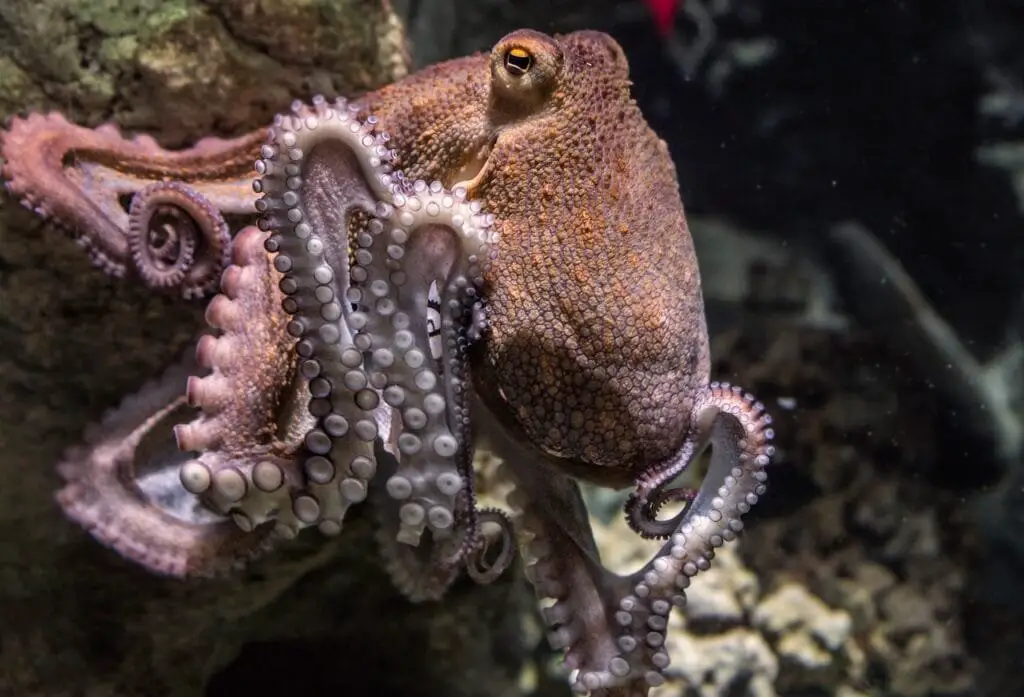
One of the most amazing things about octopuses is their intelligence. They have the highest brain-to-body ratio of any invertebrate, and what makes them even more unusual is that they have nine brains! The main brain is in their head, while each of the eight arms has its own “mini-brain,” allowing them to move and react independently. If an arm gets cut off, it can still move for about an hour and even attempt to grab objects. Fortunately, octopuses can regrow their lost limbs, showcasing their incredible survival skills.
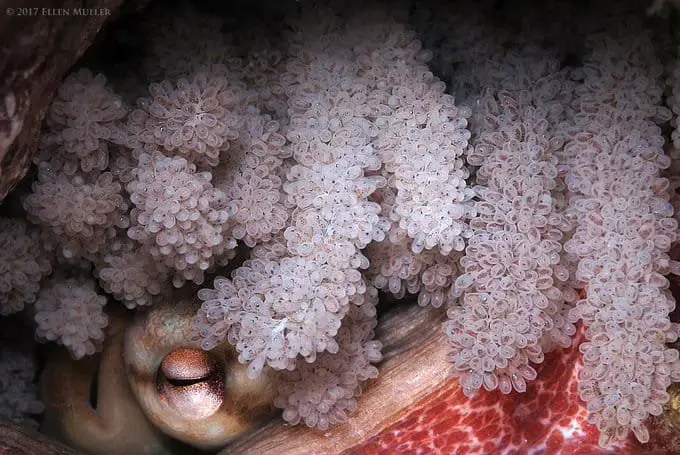
But despite their intelligence and adaptability, one of the most heartbreaking aspects of their lives is the fate of the mother octopus. Unlike many other animals that care for their young, an octopus mother never meets her babies- because she dies before her eggs even hatch
Why Do Mother Octopuses Die After Laying Eggs?
For most animals, parenting means caring for their young, teaching them survival skills, and watching them grow. But for octopuses, motherhood is a death sentence. Once a female octopus lays her eggs, her life’s purpose changes completely. She stops hunting, stops eating, and devotes all her energy to protecting her eggs. Some species guard their eggs for months or even years, continuously blowing water over them to provide oxygen and keep them safe from bacteria and predators.
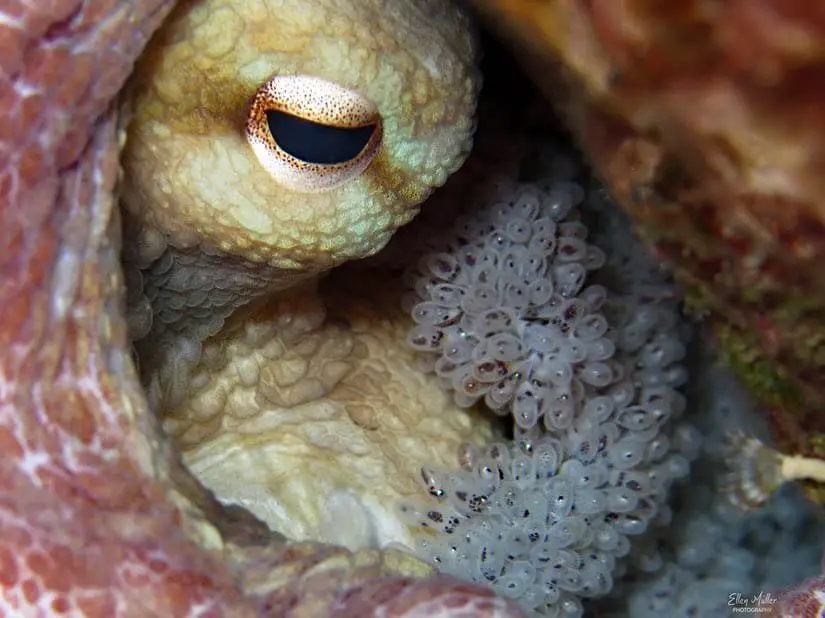
During this time, the mother slowly begins to weaken. She won’t leave her eggs to search for food. In some instances, she may even harm herself by ripping off her own skin or eating parts of her arms. Eventually, she dies of starvation and exhaustion, often just before or right after her babies hatch.
But why does this happen? Why doesn’t she just leave the eggs and return to her normal life? The answer lies in her brain chemistry.
The Mysterious “Death Switch” in an Octopus’s Brain
Scientists have discovered that an octopus’s optic gland, a small organ of the brain, is responsible for mother to weaken and die. This gland releases hormones that make her stop eating, weaken, and ultimately die.
In one study, scientists removed the optic gland from a female octopus, and the results were surprising- she left her eggs, began to eat again, and lived much longer than usual. This proves that the mother’s death is not a result of hunger or stress, but rather a naturally pre-programmed part of her life cycle.
But why would nature create such a self-destructive process?
Why Does the Mother Octopus Die?
This extreme sacrifice may seem pointless at first. Why wouldn’t the mother survive to raise and protect her young?
One theory is that it’s a built-in safety mechanism to prevent cannibalism. Octopuses are cannibalistic- they sometimes eat their own kind. If the mother lived, after her eggs hatched, there’s a strong possibility she would eat her own babies instead of taking care of them. By dying before they hatch, nature might be keeping the next generation safe from their own mother.

Another possible reason is that since octopuses are short-lived creatures (most live just one to two years), their entire energy is dedicated to reproduction. Once they’ve laid their eggs, they have fulfilled their purpose, and their bodies begin to decline.

A Short but Incredible Life of an Octopus
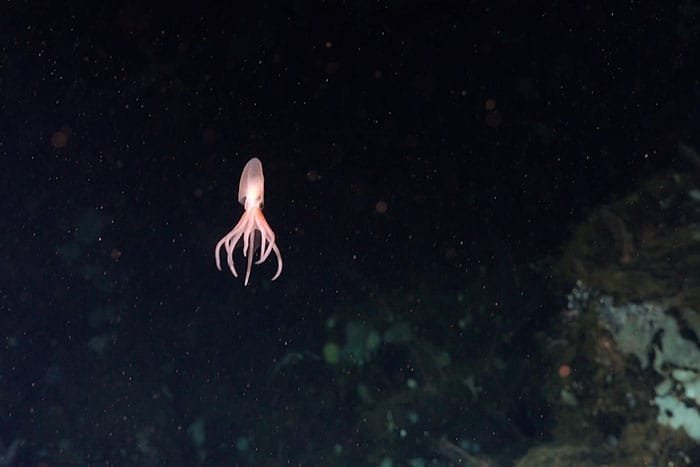
Octopuses have very short lifespans, typically lasting one to two years depending on the species. Male octopuses also have brief lifespans; after mating, they quickly weaken and die. Most of the time, they don’t even live long enough to see their partner lay eggs. This means that every new generation of octopuses begins its life completely alone, with no parental guidance. They hatch as tiny, independent creatures, floating in the ocean currents until they find a place to settle and grow into adults.
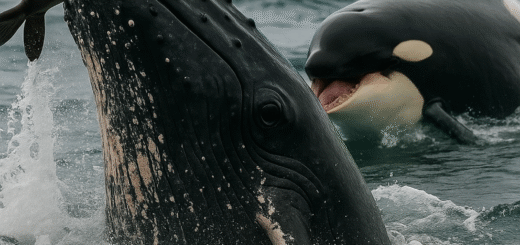



Pretty! This was a really wonderful post. Thank you for your provided information.